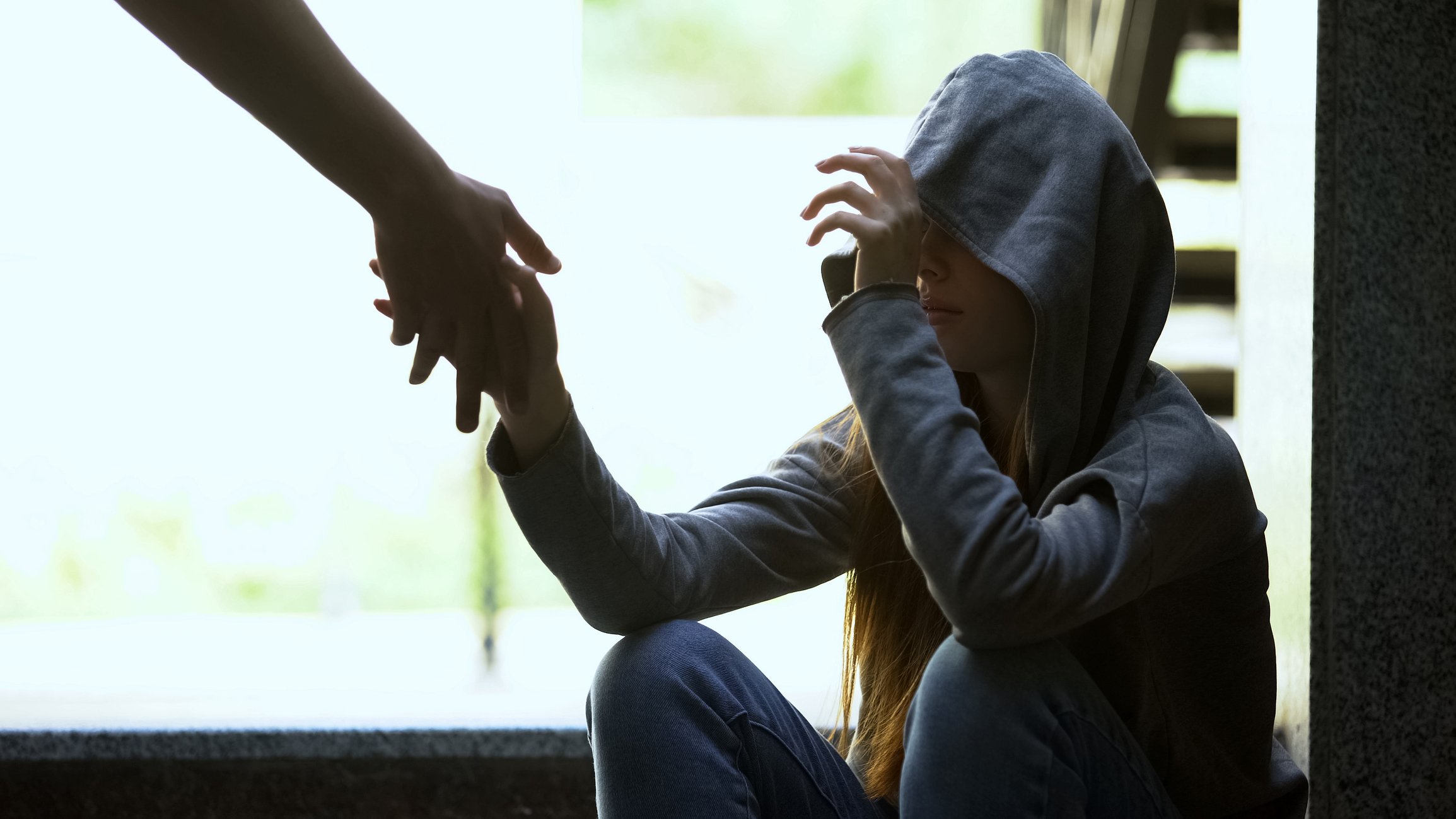Finding Healthy Ways to Cope with Loneliness
Introduction
Have you ever scrolled through your feed, seen everyone else hanging out or living their “best life,” and wondered, “Why do I feel so alone?” You might even have friends or be around people all day and still feel disconnected — and that’s totally normal.
Loneliness isn’t just about being alone. It’s about feeling like you’re not truly seen, heard, or connected. And while it’s something everyone experiences at some point, not everyone talks about it.
Let’s change that.
In this post, we’ll break down what loneliness really is, why it happens, and — most importantly — how to cope with it in healthy, powerful ways that help you feel more connected and in control.
What Is Loneliness, Really?
Loneliness is a feeling — not a fact. It’s the sense of being emotionally or socially disconnected, even if people are physically around you.
There are two main types:
Social loneliness – when you lack a group or community.
Emotional loneliness – when you lack a close connection, like a best friend or trusted person.
It can affect your mental health (like making you feel anxious, insecure, or sad) and even impact your physical health (like trouble sleeping or headaches). That’s why it’s important not to ignore it.
Why So Many Teens Feel Lonely
You're not alone in feeling lonely. In fact, loneliness has become super common among teens — and there are real reasons behind it:
Social media pressure – Comparing your real life to someone else’s highlight reel can leave you feeling left out or “not good enough.”
Big life changes – Moving to a new school, friendship fallouts, breakups, or even just growing up can feel isolating.
Post-pandemic impact – A lot of teens still feel the aftershocks of isolation, and getting back into “normal” social life can be overwhelming.
Lack of deep connections – Surface-level conversations are everywhere, but real emotional closeness is harder to come by.
And that’s okay. The key is knowing what to do when that lonely feeling hits.
“Loneliness is not a personal failure. It’s a human experience—and with the right support, teens can absolutely find connection again.”
Healthy Ways to Cope with Loneliness
1. Connect With Yourself First
Sometimes, the best way to feel less lonely is to get to know yourself better.
Try journaling. Write down how you feel and why. No filters needed.
Learn to enjoy quiet moments – watch a film you love, do something creative, or take a solo walk.
Practice self-compassion. Treat yourself like you’d treat your best friend. Be kind to yourself on tough days.
“I started drawing every evening just for me. It became my quiet place.” – Caleb, 17
2. Reach Out — Even Just a Little
You don’t have to throw yourself into big crowds. Start small:
Text a friend just to say hey.
Join a school club or online community with shared interests (gaming, books, music).
Volunteer — helping others can make you feel more connected and purposeful.
Remember: You’re not bothering anyone. A simple “Wanna chat?” can go a long way.
3. Move Your Body, Calm Your Mind
Loneliness can weigh on your mood and energy — and movement helps shift that.
Go for a brisk walk, do yoga, or dance to your favourite playlist.
Try meditation apps or deep breathing when emotions get intense.
Spending time in nature (even a local park) can seriously boost your mental wellbeing.
4. Avoid Unhealthy Coping Traps
It’s tempting to numb the feeling — but some “quick fixes” actually make it worse long-term:
Scrolling for hours without interacting.
Eating junk food out of boredom.
Isolating yourself even more.
Instead, ask yourself: “Will this help me feel better tomorrow?” If not, pause and try something else.
5. Set Tiny, Realistic Connection Goals
Overcoming loneliness doesn’t happen overnight. Set one goal a day:
Say “hi” to someone new in class.
Join one new online forum.
Schedule one real conversation per week.
Little steps = real change.
6. Know When to Ask for Help
Sometimes, loneliness sticks around too long and starts turning into depression or anxiety.
That’s when it’s okay to talk to a therapist, counsellor, or trusted adult. You don’t need to have a crisis to ask for support. Sometimes, a single conversation can shift everything.
A “Loneliness SOS” Checklist
If you’re feeling lonely right now, try one of these:
Message a friend just to check in
Go for a 15-minute walk with music
Journal one page of how you’re feeling
Watch something that makes you laugh
Try a guided meditation on YouTube
Join a Reddit, Discord, or WhatsApp group based on your hobbies
You only need one small action to start changing how you feel.
Final Thought
Feeling lonely doesn’t mean there’s something wrong with you. It means you’re human.
Connection — with others and with yourself — takes time, courage, and patience. But every step you take to face it in a healthy, hopeful way is a win.
So today, take one small action. Just one. You’re not as alone as you think.
FAQ’s
-
Yes. You can be surrounded by people and still feel emotionally disconnected. What matters is the quality of your connections, not just the number.
-
Try being honest but simple: “I’ve been feeling a bit disconnected lately — would love to catch up.” Real friends will appreciate your honesty.
-
It happens — and it’s not a reflection of your worth. Keep trying, and try new places to meet people. Community takes time to build.
-
Absolutely. If you feel seen, supported, and connected — it counts. Just make sure they’re safe and respectful spaces.
-
If your loneliness is leading to sadness, anxiety, hopelessness, or thoughts of self-harm, please speak to a mental health professional. You deserve support.






